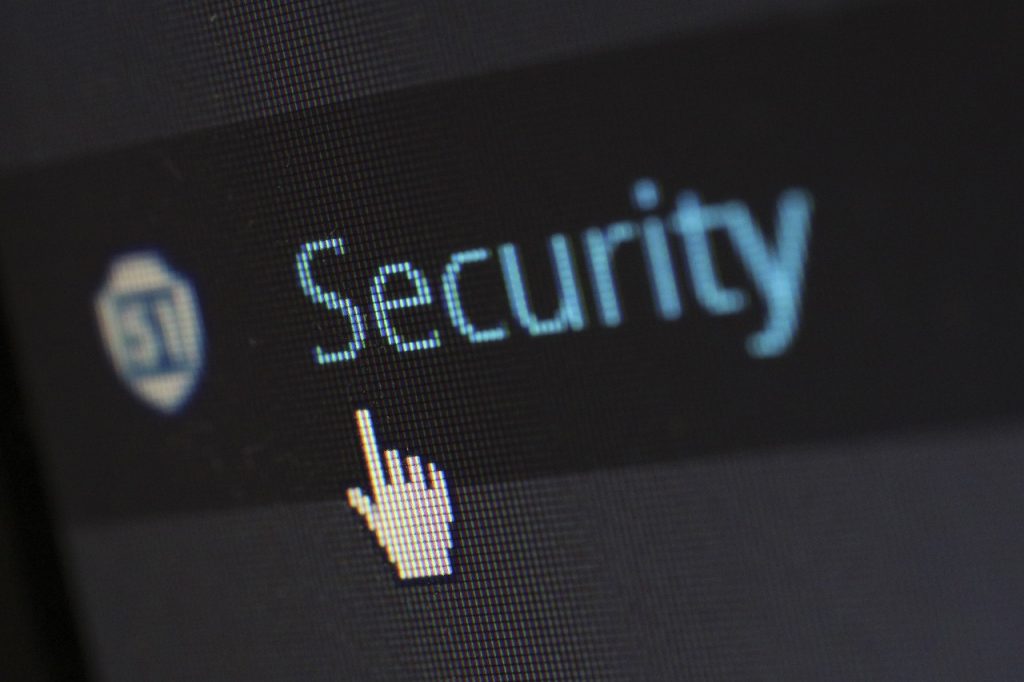Rachel Mosely
As a tech-savvy individual with a passion for digital marketing, I am constantly seeking new ways to leverage technology to drive business growth.
People use virtual private servers for different purposes like gaming, trading, web hosting, setting up email servers, hosting a VPN, etc. Regardless...

Image Credits: pixabay
People use virtual private servers for different purposes like gaming, trading, web hosting, setting up email servers, hosting a VPN, etc. Regardless of your online activity, securing your VPS is important, so your data is safe from cyber-attacks and hackers.
Now, virtual private servers are genuinely safe, but it’s always a good idea to take extra security precautions, especially if your business’s data is stored on your VPS.
You can choose from many virtual private servers, but the most popular ones are Linux VPS and Windows VPS. Linux is an open-source, safe operating system, and since it’s suitable for more tech-savvy users, it’s not a widely used OS. On the other hand, Windows is the easiest-to-use operating system, making it the perfect target for hackers.
All virtual private servers draw their power from a physical server. While attacking a physical server is hard, it’s super easy to infiltrate virtual private servers if they are not protected properly. If you decide to buy a Windows VPS, you must ensure there are no security loopholes that can leave your OS vulnerable to cyber attacks.
People think since a VPS has the word ”private” in its initials, it’s an impenetrable environment. But the fact is that since a Windows VPS is basically a complete computer system, it needs antiviruses, firewalls, strong passwords, etc., just like any other operating system. Even if you buy Windows VPS from the most reputable provider, you must secure it immediately.
Windows VPS is like an actual computer you access through a remote connection. So all the data and software installed on the Windows VPS must be protected from online snoopers. Think of it like this; You have just installed a new version of Windows on your laptop and want to start browsing online. What are the most important things you need to do before even opening a web page?
Here are a few:
Since you need to use a remote desktop connection to access your Windows VPS, it’s essential to restrict IP addresses that can connect to your VPS. You might connect to your VPS from home and your office, so make sure no other random IP addresses can access your VPS.
As for antivirus solutions, they are a must if you want to protect your Windows VPS against all sorts of cyber threats like malware, adware, phishing attacks, brute-force and DDoS attacks, etc.
Another security step you can take to protect your Windows VPS is to set up an intrusion detection system (IDS). An IDS monitors every activity on your VPS and alerts you if any unauthorized acts like changing programs’ coding occur.
Another thing to remember is to check if the Windows installed on your VPS is genuine. This is critical in protecting your server from different cyber-attacks because cracked and illegal files set the perfect grounds for cybercriminals.
Windows VPS is like your actual Windows operating system, with one specific difference, it’s attached to a physical server. Whether you want to use a Windows VPS for trading, gaming, app development, or else, you must take the security steps in this post before storing any critical data on your VPS.
None of these security tips matter if an ingenuine version of Windows is installed on your VPS. Plus, to fully protect your system against new cyber threats emerging from every corner of the world daily, you need to install the latest Windows Server updates as soon as they are released, and you can’t do that if your VPS’s Windows is a cracked version.
Suggested:
Why is VPS Hosting Essential for Your Business?
Top 10 Trends in Cloud VPS to Watch Out.